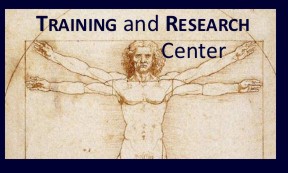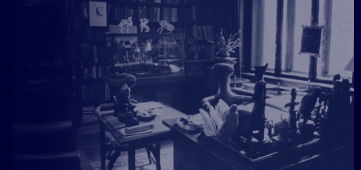The Analytic Act
Psychoanalysis is an ethical practice. Such a practice takes its
source in a specific experience, which mobilizes the confrontation
of the subject of the unconscious with a lack hollowed out in the
being by the defect of a jouissance. In each case a singular logic
sustains the development of the analytic experience until its term.
The triggering of such an experience is what is expected of the
psychoanalyst. This supposes therefore that the psychoanalyst, beyond
the person who takes on the role, appears in the consequences of
his act. In the psychoanalytic clinic the control verifies the ways
which allow for retracing, from the consequences in the analysand,
the act which caused them in the psychoanalyst. The opening of the
field of the Other, effacing all the imaginary and narcissistic
stakes of the therapeutic relation founded on the ego-you relation,
triggers the experience that leaves the subject alone with the unconscious,
his signifiers, the jouissance of the Other, and the phantasm.
The subject’s solitude with the signifier, its defect, and
the desire of the Other, supposes that what operates in the psychoanalyst--the
object (a) put to work at the end of his analysis--is what causes
the triggering of the analytic experience for the analysand. The
analysand’s unconscious, the signifier of his dream, as well
as the signifier’s chaining in his associations, do not refer
to the analyst’s ego, but to the object that causes the analyst
as a subject of desire. The analyst’s ethic is to confine
himself to this object that makes a defect in the chaining of the
signifier in the analysand’s unconscious. This removal of
the ego or of the person of the analyst in relation to the object
at work in his act, is at the basis of the subject’s experience
of the confrontation with an irreducible lack in the analysand’s
unconscious. The analyst’s act in the transference amounts
to the effraction that causes this object in the analysand, in so
far as it is lacking to him and reactivates in him the irreducible
lack of an inaccessible object.
The disarray that the effraction of such an act creates and the
anguish accompanying the proximity to such a lack, triggers in the
analysand that response of the drive which mobilizes in the letter
of his body everything of the Other’s jouissance that was
already inscribed in his being. The experience that begins with
this triggering, will follow the tortuous logic of a phantasm, where
what causes the analysand as subject will have to find its way.
This occurs unless the analyst clings to the symptom that allows
him to enjoy his phantasm, without confronting the lack which causes
him, thereby becoming an obstacle to the work of the letter constitutive
of the analysand’s unconscious. The analyst’s symptom
thus nourishes the analysand’s resistance in his refusal of
savoir and consolidates his defences against castration. The clinical
control interrogates these places and impasses where the ethical
strategies that accompany and determine the analytic experience
are decided, just as the passe will unveil its hazards for the Savoir
of the School.
The Application of Psychoanalysis in Non-Clinical Fields
The application of psychoanalysis has taken a disquieting extension
in so far as fundamental psychoanalytic concepts tend to lose their
rigour and decisiveness in approaches where the application is a
theoretical compromise.











